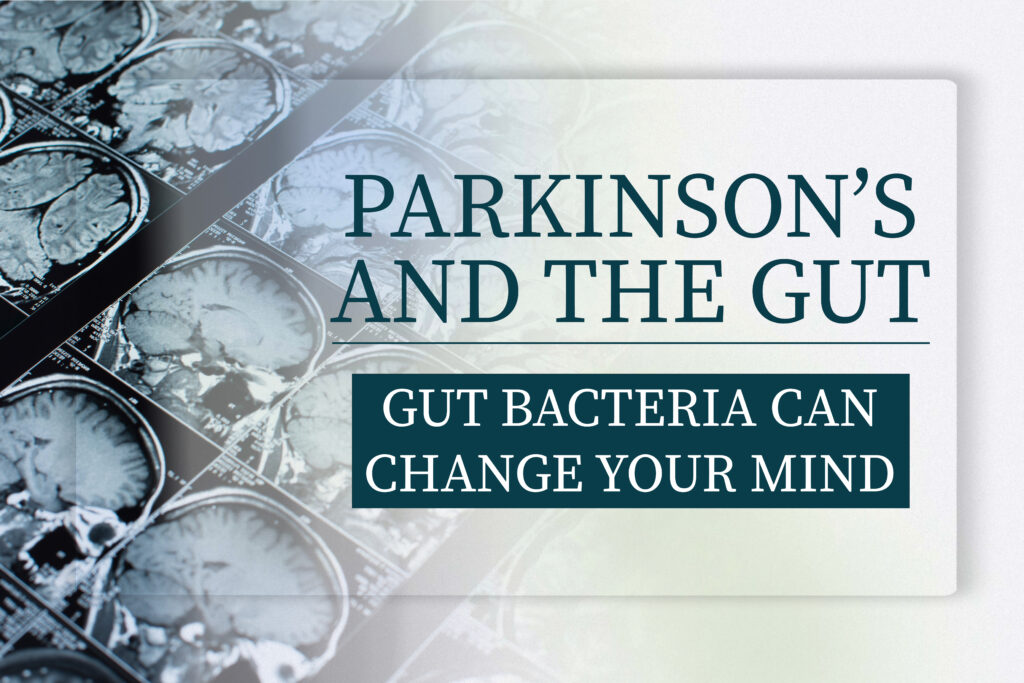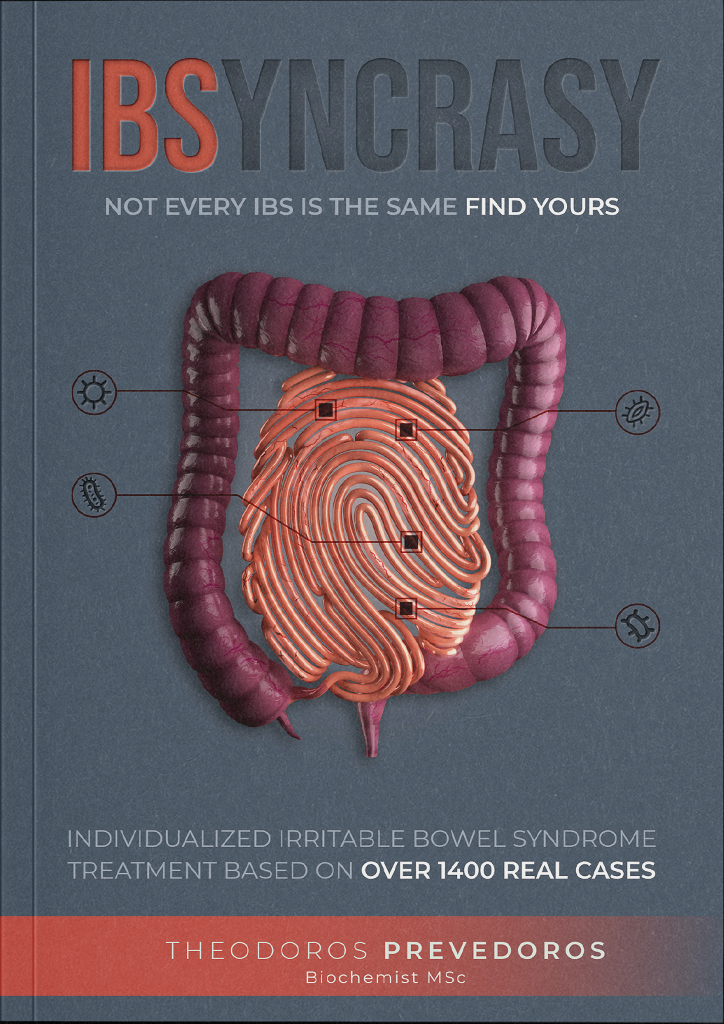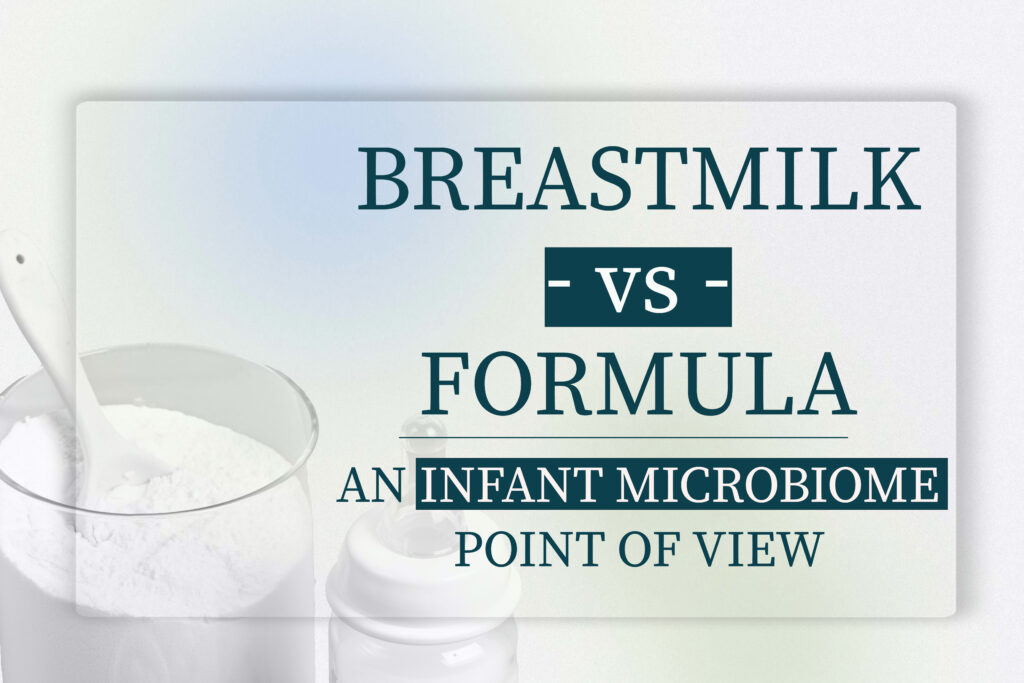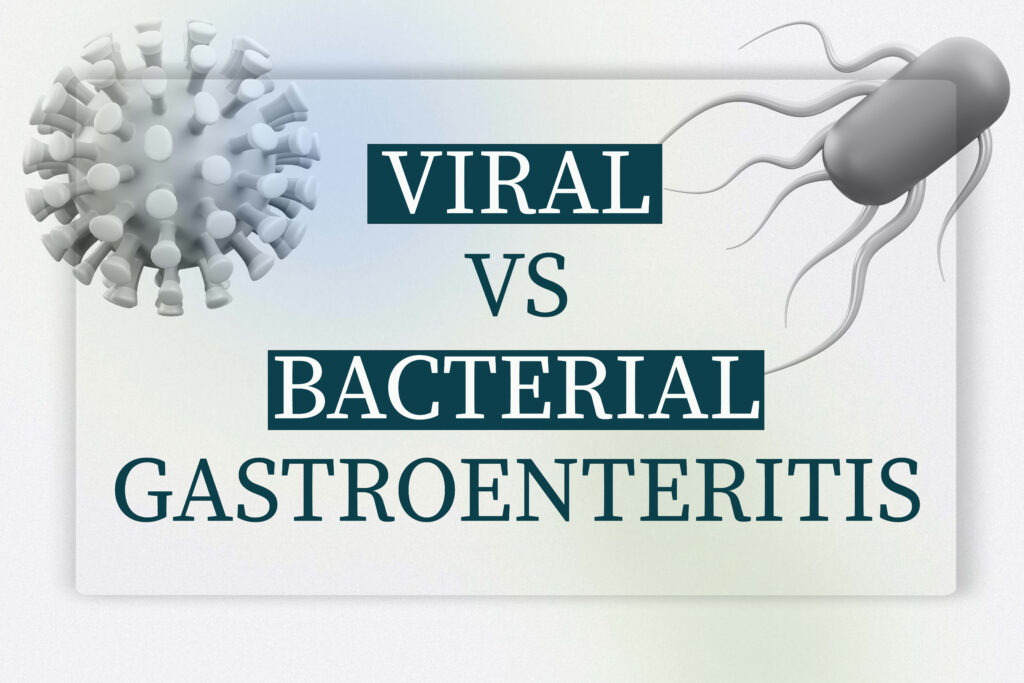Changes in gut bacteria precede Parkinson's disease

Your gut microbiome paves the way to neurodegenerative conditions

IBSyncrasy
Every IBS is unique
PD is a neurodegenerative disorder characterized by the abnormal aggregation of alpha-synuclein (α-syn) protein in the central nervous system (CNS). However, increasing evidence suggests that α-syn pathology has already occurred in the enteric nervous system (ENS) prior to the involvement of CNS, which strongly supports the gut-to-brain propagation of α-synucleinopathy. Gut dysbiosis, an emerging biomarker and intervention target for various complex diseases, has been consistently reported in PD patients. It was hypothesized that PD-associated gut dysbiosis, especially the depletion of short-chain fatty acids (SCFA)-producing bacteria and enrichment of putative pathogens, was related to intestinal hyperpermeability, immune activation, and pathological α-syn aggregation.
Poor sleep and constipation

IBSyncrasy
Every IBS is unique
REM sleep behavior disorder (RBD) is perceived as the most specific prodromal marker of PD, characterized by dream-enactment behaviors and REM sleep without atonia. Patients reported an increased prevalence of constipation and increased phosphorylated α-syn immunostaining in ENS. Likewise, PD patients with premotor RBD features appeared to exhibit prominent degeneration of the peripheral nervous system (e.g., increased constipation and enteric α-syn histopathology) when compared to healthy individuals, suggesting a distinct subtype of Parkinson’s disease that reflects the gut-brain hypothesis of α-synucleinopathy.
Bifidobacteria and others

IBSyncrasy
Every IBS is unique
The study conducted a large cross-sectional study across prodromal and early stages of the disease to disentangle the associations of gut microbiota with the progression of α-synucleinopathy. The study included stool samples from 157 early PD, 93 RBD, 75 RBD-FDR, and 168 healthy controls. All participants completed a detailed questionnaire regarding their medical history, medication use, bowel movements, and diet. Stool samples were analyzed using 16S rRNA gene sequencing to determine gut microbiota composition.
Butyrate to the rescue

IBSyncrasy
Every IBS is unique
The findings revealed that gut microbiota compositions were significantly altered in early PD and RBD compared to controls and RBD-FDR. Specifically, there was a depletion of butyrate-producing gut microbes and an enrichment of pro-inflammatory Collinsella in RBD and RBD-FDR. Butyrate is a SCFA produced by gut bacteria that plays a critical role in maintaining gut barrier function and regulating immune responses. In contrast, Collinsella has been associated with gut inflammation and dysbiosis in various diseases.
Interestingly, the study identified 12 microbial markers that were effective in distinguishing RBD from control group using a random forest modeling approach. The markers included several species of gut bacteria that have been previously implicated in gut dysbiosis, such as Faecalibacterium, Roseburia, and Bifidobacterium.
The study also controlled for potential confounders that could affect gut microbiota, such as antidepressants, osmotic laxatives, and bowel movement frequency. Despite the control measures, the results remained consistent, suggesting that gastrointestinal dysbiosis is a robust feature of RBD and RBD-FDR.
From bench to probiotics

IBSyncrasy
Every IBS is unique
The study’s findings suggest that PD-like gut dysbiosis occurs at the prodromal stages of PD when RBD develops and starts to emerge in younger RBD-FDR subjects. The gut-brain staging model of PD proposes that the disease progresses in a stepwise manner from the ENS to the CNS via the vagus nerve. The study’s findings support this hypothesis, indicating that gut dysbiosis may be an early event in the development of PD.
The implications of this study are significant. First, the identification of microbes and microbial markers that distinguish RBD from control could have diagnostic applications. RBD is currently diagnosed using v-PSG, which is costly and requires specialized equipment and personnel. The use of gut bacteria may provide a non-invasive and cost-effective alternative for diagnosing RBD.
Second, the study highlights the potential role of gut microbiota in PD pathogenesis. The study’s findings provide further evidence for the involvement of the microbiota-gut-brain axis in PD and support the development of gut microbiota-targeted interventions (like innovative probiotics) for PD prevention and treatment.

From the gut to the brain
In conclusion, the study provides novel insights into the gut microbiome composition in individuals with early PD, RBD, and RBD-FDR. The findings support the gut-brain staging model of PD and highlight the potential diagnostic and therapeutic applications of microbial markers. Further research is needed to confirm the study’s findings and elucidate the mechanisms underlying the association between the role of the gut in PD pathogenesis.
Actionable tips
Consume fiber-rich foods to promote changes in the gut that support the growth of beneficial bacteria, helping to maintain a healthy gut-brain axis and potentially preventing neurodegenerative diseases.
Include vitamin B12-rich foods in your diet to strengthen the gut-brain axis, support a balanced gut microbiome, and slow down disease progression related to neurodegenerative conditions.
Engage in regular physical activity to counteract the impact of environmental factors on your gut microbiota and reduce gastrointestinal symptoms associated with imbalanced gut bacteria.
Minimize low-fiber and high-fat foods to prevent the overgrowth of bacteria belonging to Collinsella and Desulfovibrio, which can lead to increased intestinal permeability and exacerbate neurodegenerative diseases.
FAQ
Do gut bacteria cause Parkinson's?
Gut bacteria do not directly cause Parkinson’s disease, but the study suggests that gut dysbiosis may be an early event in the development of neurodegenerative diseases like Parkinson’s disease. The gut-brain staging model of PD indicates that the progression of the disease occurs from the enteric nervous system to the central nervous system via the vagus nerve, with gut dysbiosis potentially contributing to this process. This highlights the importance of maintaining good gut health.
What is an early sign of Parkinson's?
REM sleep behavior disorder (RBD) is a specific prodromal marker linked to PD. RBD is characterized by dream-enactment behaviors and REM sleep without atonia. Additionally, constipation and increased phosphorylated α-syn immunostaining in the enteric nervous system are mentioned as prevalent in patients with RBD. These findings further emphasize the link between gut health and the progression of the disease.

With a background in Chemistry and Biochemistry from the National and Kapodistrian University of Athens, Theodoros brings a wealth of knowledge in functional medicine and advanced treatments to his role. He possesses exceptional skills in analysis, pattern recognition, diagnostic translation, and storytelling. He is also FMU certified in Functional Medicine and has received training in advanced treatments from the Saisei Mirai Clinic in Japan.


